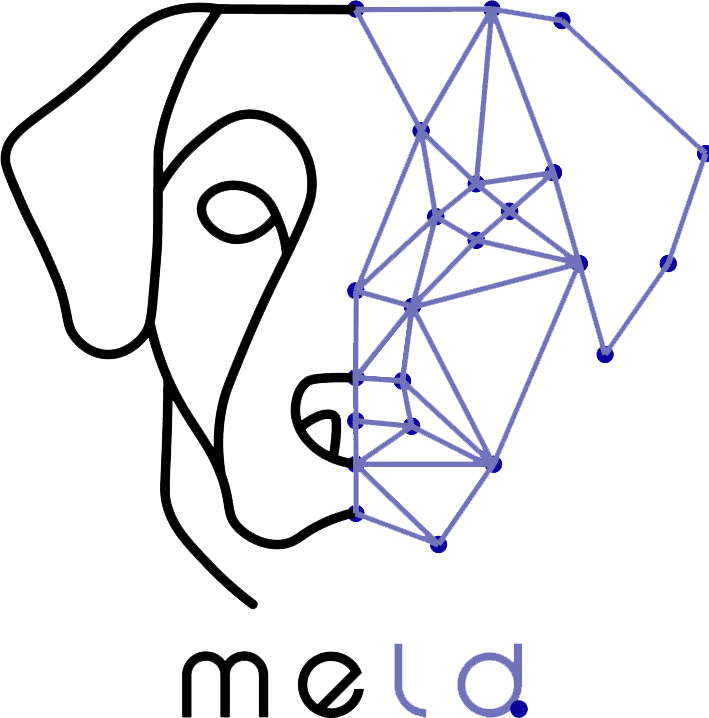This paper reports on a mixed-method study (N=61) that investigated dog owners’ privacy concerns regarding data captured by their dog’s activity tracker and the potential consequences of a hypothetical data breach. The study found that many participants perceived few or no consequences from a data leak, often attributing potential issues to “others”. When concerns did arise, they predominantly focused on physical safety threats such as dog theft or burglary, rather than privacy. These perceived consequences were moderately correlated with the trustworthiness of the device manufacturer and the perceived benefit of the device for society as a whole. The authors highlight a worrying information asymmetry where dog owners largely underestimate the value and sensitive nature of this data, which can reveal details about their own routines, health, and caregiving practices, while service providers actively integrate and leverage it within broader data ecosystems (e.g., with veterinarians, insurance companies, and pet service providers). The paper concludes that it is crucial to educate consumers about the full privacy implications of pet activity data to enable them to make informed decisions.
Non-Invasive Computer Vision-Based Fruit Fly Larvae Differentiation: Ceratitis capitata and Bactrocera zonata
This paper proposes a novel, non-invasive method using computer vision

